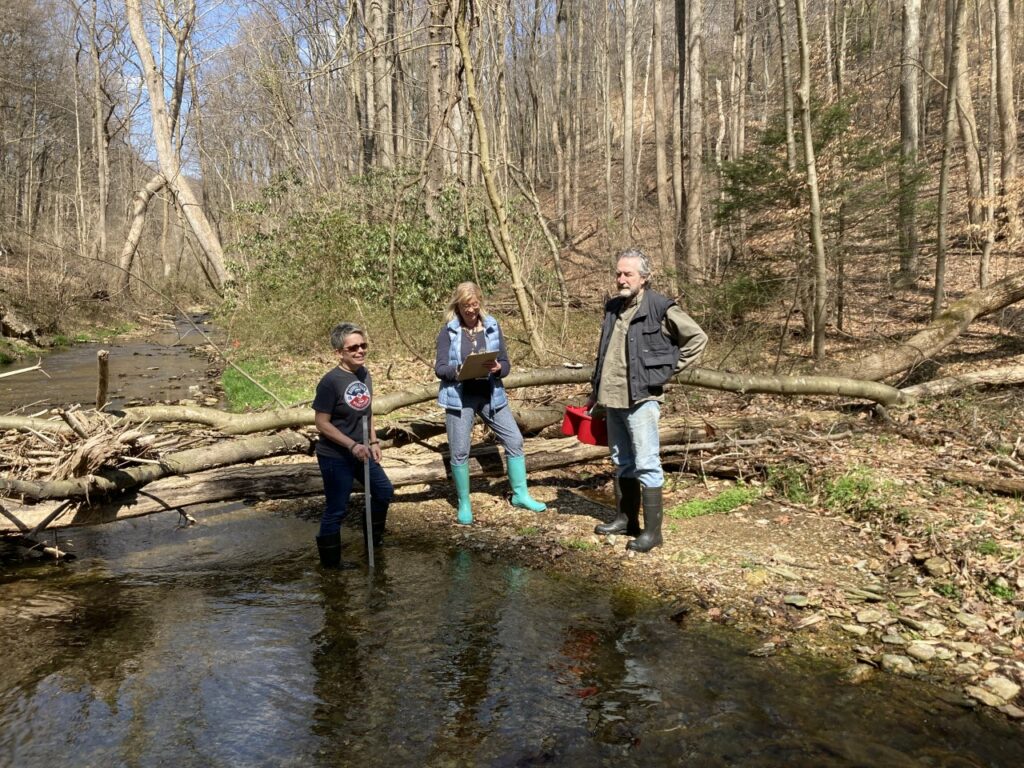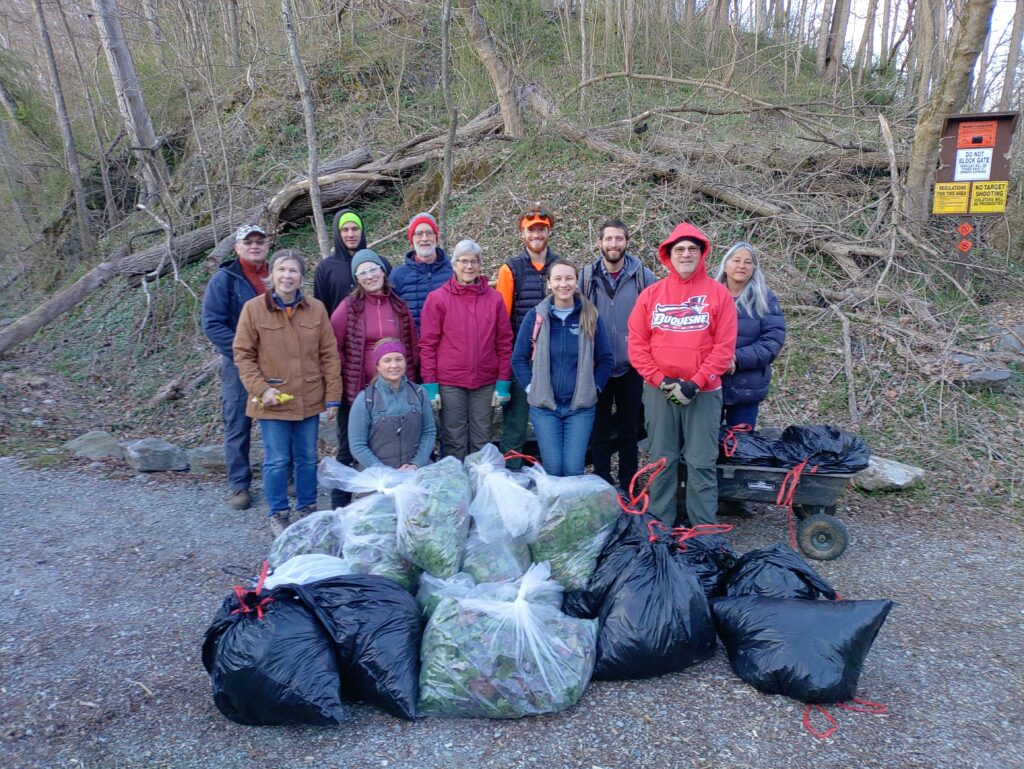By Keith Williams, Vice President of Engagement & Education
We are losing species from the planet at a frightening pace. We are in the midst of the sixth mass extinction crisis in the history of our planet – this one mediated by us humans. The World Wildlife Fund 2022 Living Planet report found that globally, wildlife population sizes have declined 69% since 1970. Insect populations have declined 45% in the last 40 years, and North American bird populations have declined 30% in the same period. These losses are happening here, in York and Lancaster counties. We have lost several species of insect: regal fritillary, frosted elfin, and rusty patched bumble bees are some notable examples. Birds are declining here too, and there are fewer sweet melodies of meadow larks, wood thrush, and field sparrows in our fields and forests each year. There are a number of reasons for these losses, but a consistent driver is habitat loss.
The Lancaster Conservancy is working in our region to protect habitat and stop biodiversity loss, and we have protected 10,000 acres in our 55-year history. But our work doesn’t stop when we buy land, protect it from development forever, and make it accessible for our community to enjoy. It takes constant stewardship to restore habitats, study to determine habitat quality, and engagement to inform the public about the importance of protected land and restored habitats. This is much more work than a team of 25 – the current Conservancy full-time staff size – can accomplish. This is where our volunteers step into the breach. They are the force multipliers in the fight to save our part of the planet.

Water Quality Volunteer Coalition volunteers at work
Water Quality Volunteer Coalition volunteers evaluate stream health at numerous locations throughout the riverlands ecoregion the Conservancy protects. The water chemistry and biology data water quality volunteers collect is reported to the Soil and Water Conservation District and is extremely important for deciding where limited stream restoration funds should be spent. In addition, the Conservancy is about to start a regional ecological study that will result in a master management plan. The data collected by water quality volunteers will be used to help assess the freshwater ecosystems the Conservancy protects in the Susquehanna Riverlands ecoregion.
Leading ecologists have said the same thing: in order to arrest the rapid loss of species and decline in biodiversity, we need to protect 50% of the Earth’s land surface. The thousands of acres the Lancaster Conservancy protects and stewards are great habitat anchors for regional populations, but this is far from the 50% recommendation. This is where restoring native habitats on private lands comes in, and where the work of our Community Wildlife Habitat Advocates becomes so critical. Community Wildlife Habitat Advocates learn the importance of rewilding native habitats and how to implement native landscapes in their yards. These rewilded native landscapes provide important habitat patches that enable birds and insects to travel between larger tracts of protected lands.

Volunteer Land Stewards remove invasive garlic mustard from Shenks Ferry Wildflower Preserve (Photo by Dan Stevenson)
Volunteer Land Stewards are people who take a few hours of online training and commit to working with the Conservancy on a regular basis. The work can involve land management projects like invasive species control or trail maintenance. It can involve greeting preserve visitors and ensuring they are aware of Leave No Trace principles and are prepared for a safe visit. It can involve working with school groups. So far this year, our Volunteer Land Stewards have engaged 2,591 preserve visitors (compared to 2,575 preserve visitors for the entire previous year). We have run 107 natural history interpretation events that engaged 3,733 people. Our volunteers have removed 300 cubic yards of invasive shrubs so far this year and pulled 6,000 gallons of garlic mustard. Our education volunteers have run 10 school programs that engaged more than 800 students.
These numbers represent so much more than invasive shrubs pulled or people engaged in conservation education. They represent hope. These people who give of their most valuable resource – their time – are heroes for nature. And when I need a boost in hope, I look to these force multipliers in the fight to save the planet.
If you’re interested in volunteering with Lancaster Conservancy, visit lancasterconservancy.org/volunteer.
